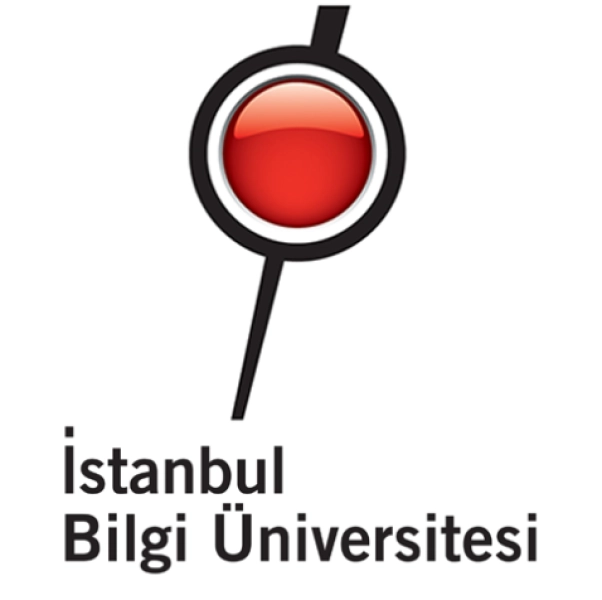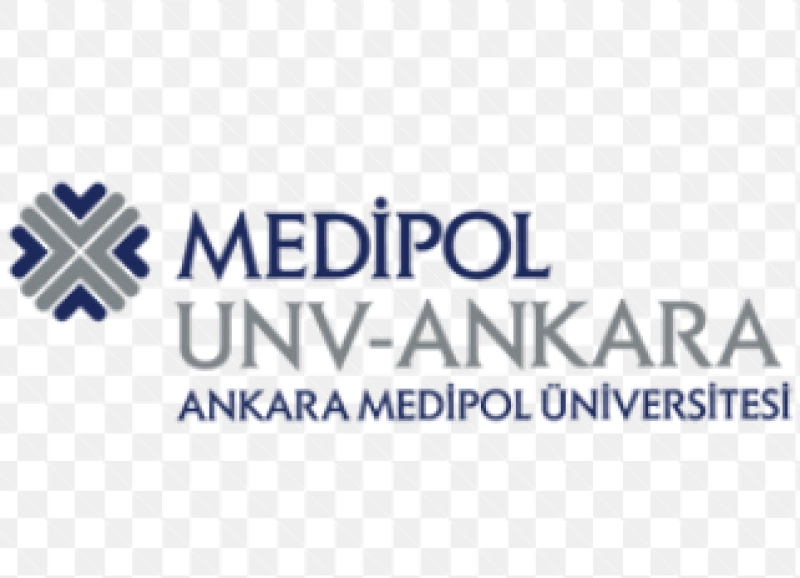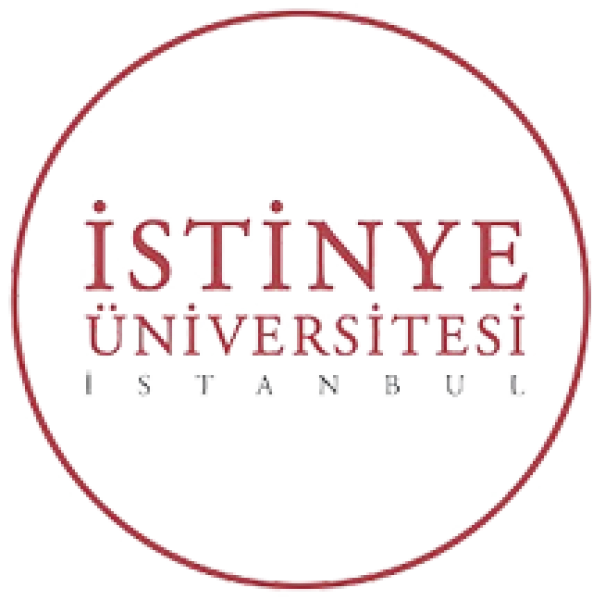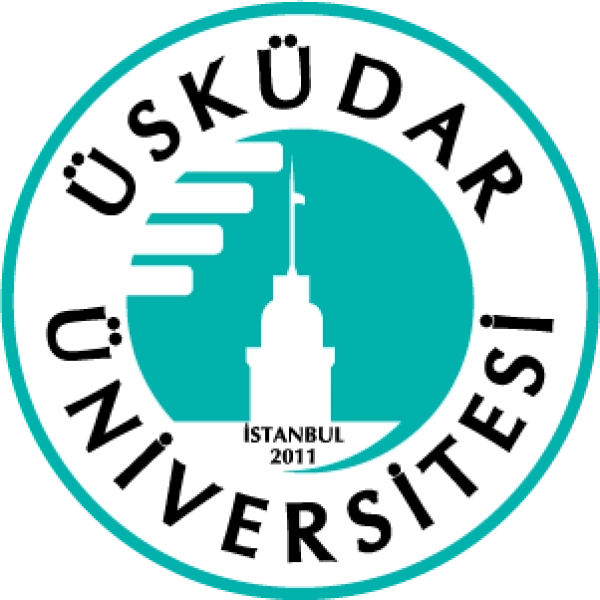College: Health Sciences
Operating Room Services focus on managing and providing surgical care in operating room environments. Students develop skills in surgical procedures, sterile techniques, patient care, and operating room management, preparing for careers in hospitals and surgical centers.
Learning Objectives:
- Understand the basics of operating room services and surgical care.
- Develop skills in surgical procedures, sterile techniques, and patient care.
- Learn techniques for managing operating room activities.
- Explore the principles of surgical instruments, anesthesia, and nursing during surgery.
- Analyze and interpret surgical care data.
- Develop critical thinking, problem-solving, and clinical skills.
Main Outline:
- Introduction to Operating Room Services - Overview of key concepts and practices in operating room services.
- Surgical Procedures - Principles and techniques for assisting in surgical procedures.
- Sterile Techniques - Principles and techniques for maintaining a sterile environment.
- Patient Care in the Operating Room - Principles and techniques for providing effective patient care.
- Operating Room Management - Principles and techniques for managing operating room activities.
- Surgical Instruments - Principles and techniques for handling surgical instruments.
- Anesthesia in the Operating Room - Principles and techniques for assisting in anesthesia.
- Nursing during Surgical Procedures - Principles and techniques for providing nursing care during surgical procedures.
- Practical Training in Operating Room Services - Real-world experiences through practical training and internships.
- Capstone Project in Operating Room Services - Comprehensive project applying skills in surgical procedures or operating room management.
Assessment Methods:
- Surgical procedure reports, sterile technique projects, patient care plans, operating room management projects, practical training reports, capstone projects, group projects, and presentations.
Recommended Textbooks:
- "Operating Room Services" by various authors.
- "Surgical Procedures for Operating Rooms" by various authors.
- "Sterile Techniques in Operating Rooms" by various authors.
- "Operating Room Management" by various authors.
- "Surgical Instruments" by various authors.
- "Nursing during Surgical Procedures" by various authors.
Prerequisites:
Basic knowledge of healthcare, anatomy, and medical terminology.
Course Duration:
Typically two to four years for an associate or bachelor's degree.
Certification:
Graduates may receive certifications such as Certified Surgical Technologist (CST) or Certified Registered Nurse Anesthetist (CRNA).
Target Audience:
Aspiring surgical technologists, operating room nurses, anesthesiologists, and healthcare specialists seeking careers in hospitals and surgical centers. This specialization equips students with the clinical, technical, and managerial skills needed to excel in operating room services and support careers in various surgical and healthcare-related roles.




















